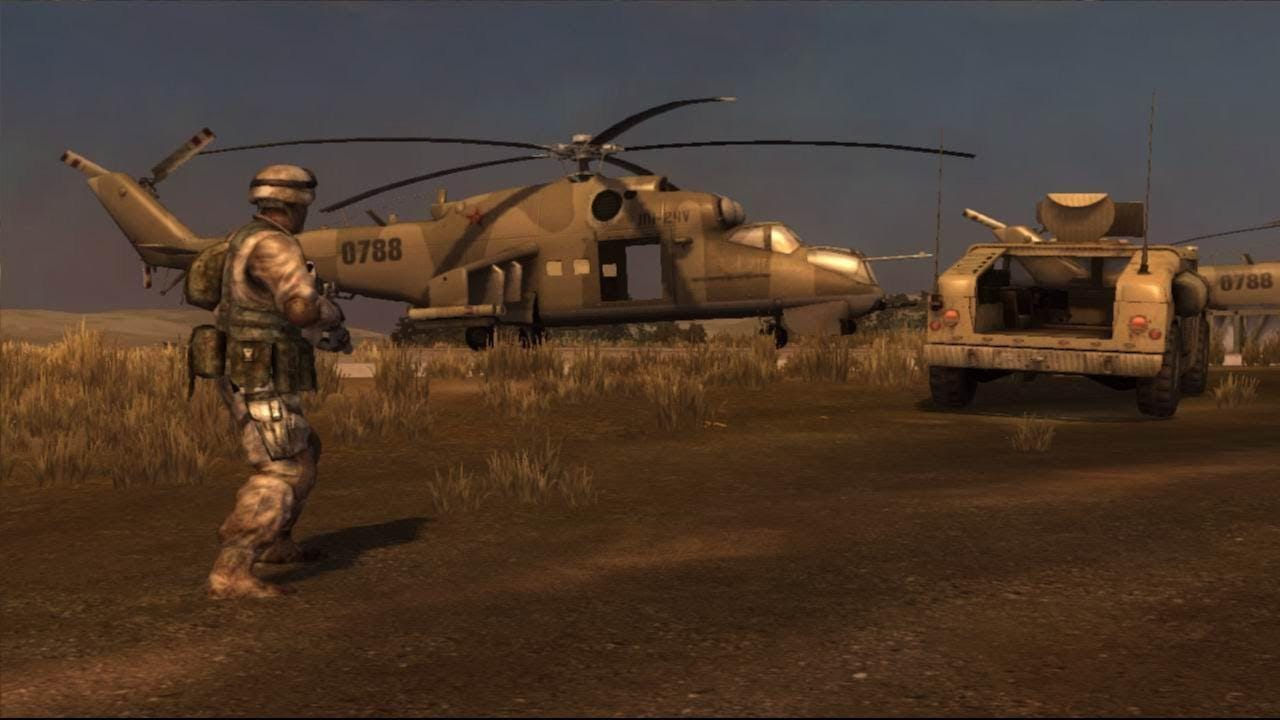Those First Awkward Steps Into Console Online Play
Playing Battlefield 2 online for the first time on PS2
There's something beautifully imperfect about those early days of console online gaming, when the very idea that my PlayStation 2 could reach across oceans to connect with strangers felt like science fiction made real.
Battlefield 2: Modern Combat on the PS2 wasn't the pinnacle of the franchise, that honor belonged to its PC counterpart with its sprawli…
Keep reading with a 7-day free trial
Subscribe to 94 'til Infinity to keep reading this post and get 7 days of free access to the full post archives.



